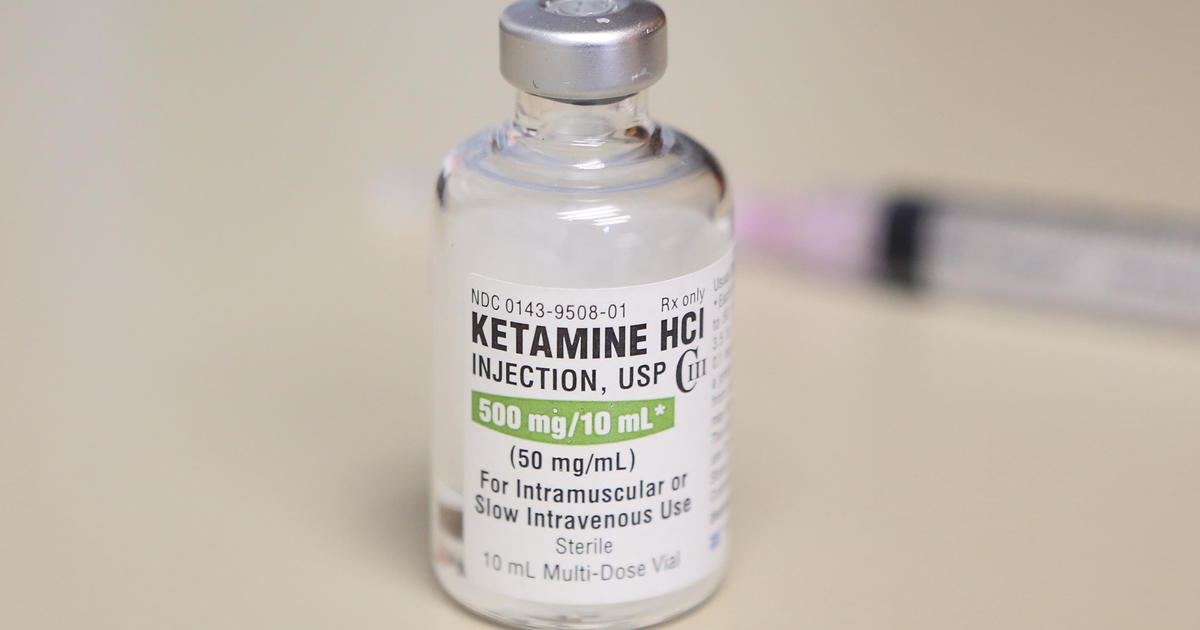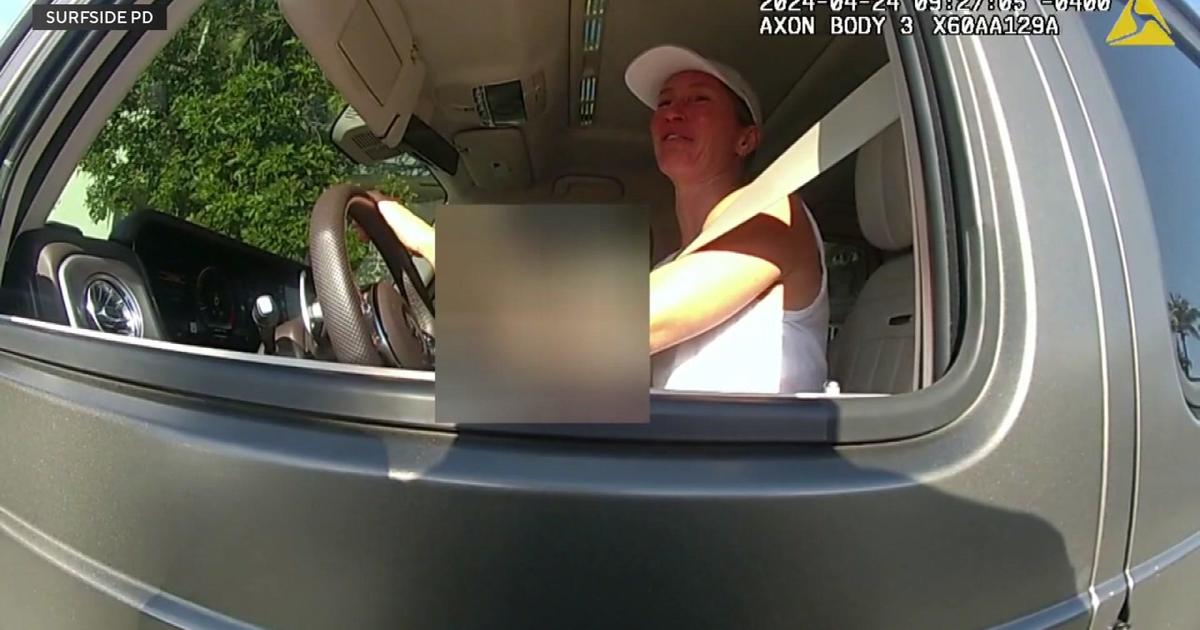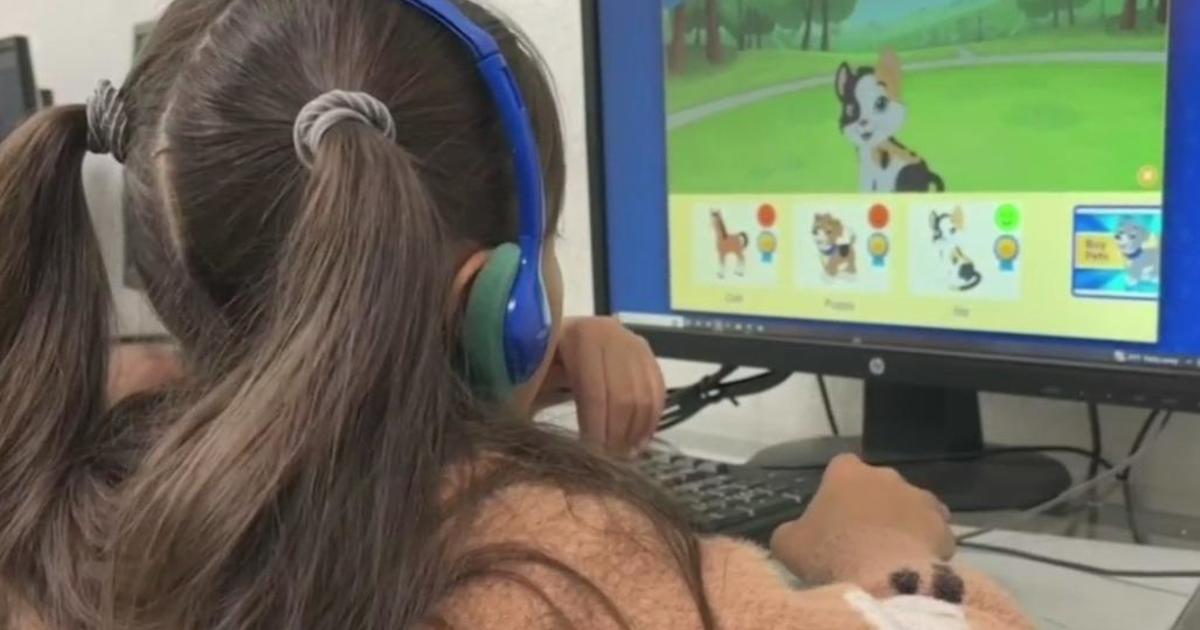Sanctuaries Across US Prepare For Influx Of Lab Chimpanzees
Follow CBSMIAMI.COM: Facebook | Twitter
CLE ELUM, Wash. (CBSMiami/AP) — Sanctuaries across the United States are preparing for an influx of lab chimpanzees, after losing backing from the federal government.
The celebration at the Chimpanzee Sanctuary Northwest for Foxie, a chimp marking her 40th birthday is a festive occasion but underlines a painful past: Foxie was born in a Texas laboratory and was used for hepatitis experiments, which included frequent liver biopsies.
Sanctuaries around the country are preparing for an influx of retired private lab chimps like Foxie now that the federal government has stopped backing experiments on humankind's closest relatives. Their challenge will be finding the room and resources to house and rehabilitate the animals.
"There is no space right now for them," said Diana Goodrich, co-director of Chimpanzee Sanctuary Northwest. "It's a matter of getting enough money to expand the sanctuaries that exist."
Chimps were key in developing important medicines, and they paved astronauts' way into space. But their use declined dramatically in recent decades, and in a 2011 report, the Institute of Medicine said science had advanced to the point that most such research was no longer justified.
About 700 chimpanzees remain in government and private labs. The National Institutes of Health last month announced its final timeline for chimps in government custody, saying all 360 remaining animals will be transferred to Chimp Haven, a Louisiana sanctuary, by 2026.
For the 300 or so chimps in private laboratories, negotiations are underway with various sanctuaries, said Kathleen Conlee, who focuses on animal research issues at The Humane Society.
"We're playing catch-up," she said.
About 220 chimps will be housed at Project Chimp, a facility in northern Georgia. The latest transfer happened this month, with nine chimps moving to their new home.
The rest will go to sanctuaries around the country.
Beyond construction and transportation costs, housing a chimpanzee costs between $16,000 and $20,000 annually, Conlee said.
"I think the most exciting thing about this campaign is that in other animal protection issues, you don't see an end," she said. "There is an end in sight and a great ending for these chimpanzees."
Back at the Chimpanzee Sanctuary Northwest, Foxie has six companions, all whom were used for hepatitis experiments.
Foxie also was used to birth more laboratory chimps. All four of her offspring were taken from her.
"We have chimps here who have signs of depression and post-traumatic stress disorder," Goodrich said.
The sanctuary plans to add another two to four chimps to Foxie's group but will need to expand for a second group. Employees hope for the same rehabilitation success they had with Foxie.
"She was really wary when she first came," Goodrich said. "Really kind of fearful and uncertain."
Then, Foxie saw a troll doll.
"The first troll doll she saw she immediately fell in love with, which we weren't expecting at all," Goodrich said.
Now, Foxie finds some solace in the hundreds of dolls in her collection, carrying one on her back like an infant. She grooms them and hugs them. She is no longer afraid and has emerged as a peacemaker in her group, Goodrich said.
(TM and © Copyright 2016 CBS Radio Inc. and its relevant subsidiaries. CBS RADIO and EYE Logo TM and Copyright 2016 CBS Broadcasting Inc. Used under license. All Rights Reserved. This material may not be published, broadcast, rewritten, or redistributed. The Associated Press contributed to this report.)



